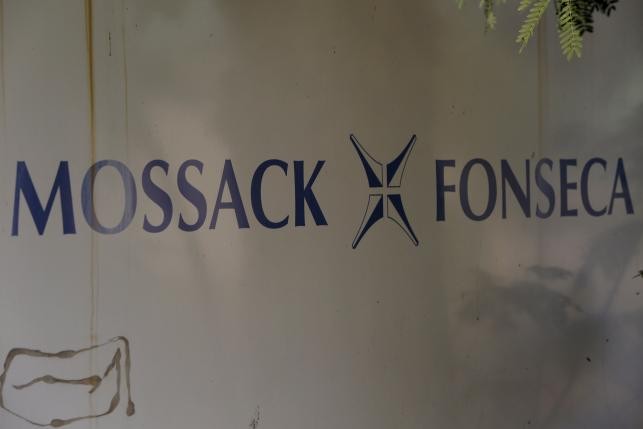China appears to be censoring online discussions that link the country's top officials and their relatives to the Panama Papers, the biggest data leak in history that created an online ruckus Sunday night.
China Digital Times has purportedly obtained censorship instructions ordering China-based news organizations to "find and delete reprinted reports on the Panama Papers." The directives added that "if material from foreign media attacking China is found on any website, it will be dealt with severely."
These come after reports naming Xi Jinping's relatives as alleged shareholders in offshore companies based in one of the so-called "tax havens."
The University of California, Berkeley-affiliated website claimed that it rearranged the original wordings of the directives to protect its source.
The Guardian was quick to pick up the information, observing that "Chinese news appeared to be closely following those orders." It also cited several China-based online publications, whose reports on the Panama Papers vanished in the abyss of the Internet, shortly after censorship rumors circulated.
BBC News noted separately that "website Freeweibo.com, which actively tracks censorship on Weibo, listed 'Panama' as the second most censored term on the network."
Meanwhile, NBC News said that "the blocking was not universal, with some searches resulting in stories about non-Chinese figures featured in the documents."
The Panama Papers is a gigantic set of about 11.5 million confidential files leaked from law firm Mossack Fonseca by an anonymous source. It exposes offshore transactions by the world's richest and most powerful people, among which are UAE President Khalifa bin Zayed Al Nahyan, actor Jackie Chan, FIFA superstar Lionel Messi and Iceland Prime Minister Sigmundur Davío Gunnlaugsson, who has just stepped down in the wake of the controversy.
Setting up an offshore company is not against the law. The practice is common in some countries such as the U.K. and Russia, enabling firms to dodge criminal raids and go around currency constraints, among other reasons.
However, the system brings issues about the use of tax havens to the table. "The revelations are likely to provoke urgent calls for reforms of a system that critics say is arcane and open to abuse," said The Guardian.



























